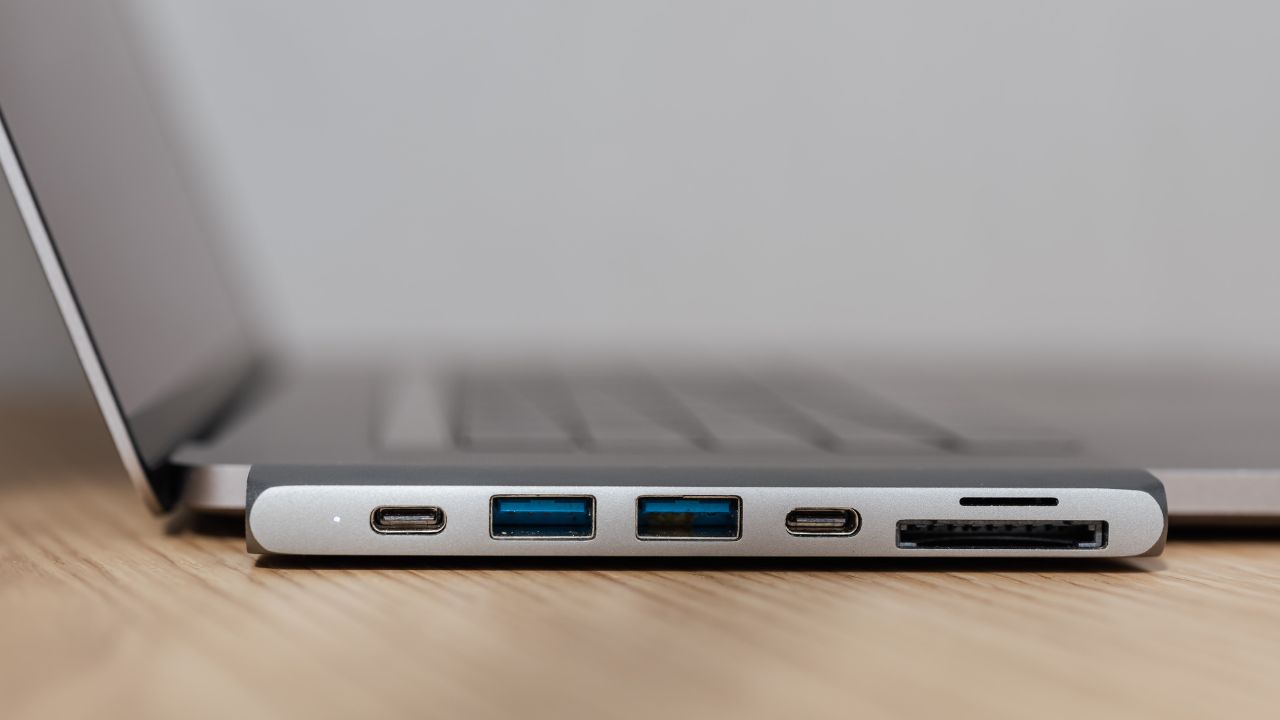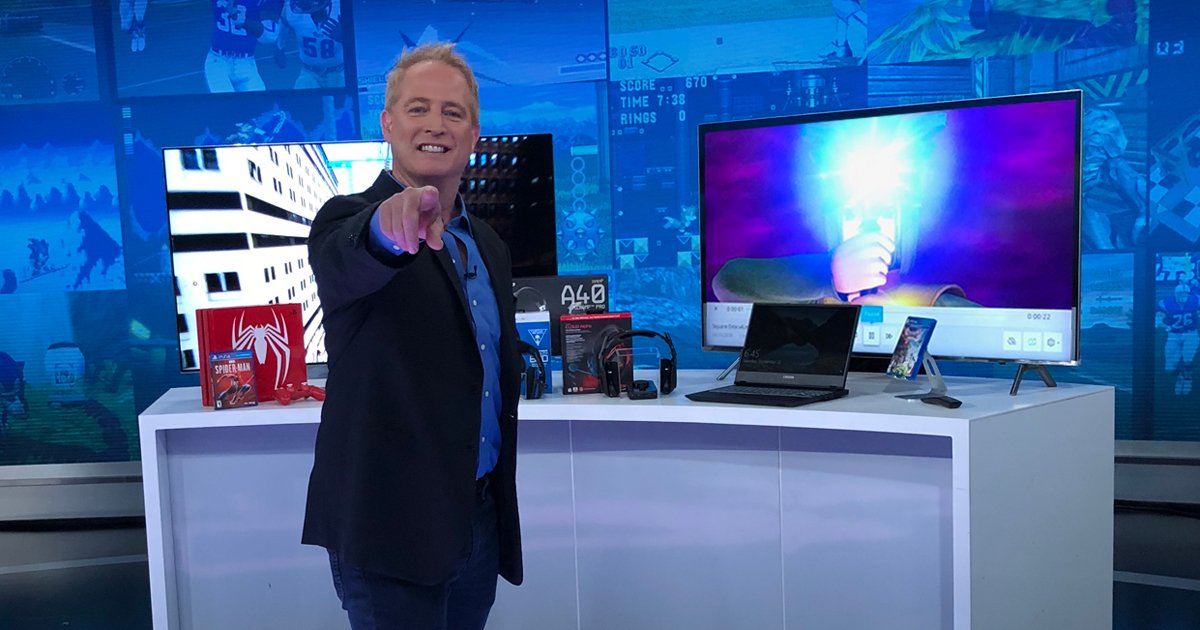Are you thinking about investing in a new laptop? I assume you are if you clicked to read this article. They come in a wide variety of sizes, features, and prices, making choosing the best one a challenge. That’s why you need to figure out what your needs are. I’ve put together this laptop buying guide to help narrow down your options.

1. Don’t let price be the deciding factor
No matter what model you get, laptops are expensive. With this in mind, some people will immediately choose the cheapest option. In contrast, others might do the opposite and go for the most costly model, assuming that anything that expensive must be the best.
No matter which side of the coin you might be on, choosing your laptop based on price alone is almost guaranteed to end in disappointment.
Budget laptops come with minimal storage and, without several necessary features for your work, might not be the right fit.
While the most expensive often include features you will never, as well as an abundance of storage that will go unfilled.
Rather than choose the least or most expensive, instead, you should:
- Set a maximum budget
- Assess your current needs and things you hope your new model will have
- Find a device that checks off all or most of your needs and is still within your budget

2. Always try it before you buy
Whether you are a first-time laptop owner or simply upgrading to a newer device, giving your new computer, a test drive is always a good idea before deciding to buy it.
It’s important to note that nearly all brick-and-mortar tech stores, including the Apple Store, the Microsoft Store, and Best Buy allow you to test out their devices. This will enable you to:
- See if the features are to your liking
- Get a feel for the keyboard, touchpad, and interface
- Make sure it is the size and weight you are looking for
If the store, for some reason, does not allow you to test it out, or if you buy it online, double-check the return policy before purchasing it, and make sure it is reasonable.
3. Be mindful of compatibility
One of the increasingly common mistakes when purchasing a laptop is not double-checking port compatibility. Today, most laptops use USB-C ports, while you still might have several devices which use USB-A ports.
True, this incompatibility problem could be solved by purchasing a dongle. However, rather than spend more money, it’s a good idea to check if your computer ports are compatible with most devices you know you’ll be using.

4. Plan for the long haul
Like making a decision based purely on price, don’t be too hasty buying a laptop based on your current needs because you’ll want your computer to last at least a few years. So before making the purchase, it’s always wise to:
- Take a look at your current device’s storage and features
- Determine how many of its applications and services you are using
- Figure out what you’ll need to suit you in the next few years
You don’t necessarily need to get the most advanced, up-to-date model; however, you should always be buying one which will at least be an improvement over your current device and allow you for growth for all your future needs.
5. Size does matter
You should always think of Goldilocks when choosing a laptop. Depending on your taste, some might be too big, others too small, leading you to want the “just right” model for you.
This can be pretty quickly determined by a few factors:
- If you’ll be using it more on the go or at home
- Where you plan to use it, and/or what you plan to carry it in
- Your requirements for visibility and typing.
Suppose you plan on using your laptop pretty much exclusively at home. In that case, a sturdy device measuring 15 inches or more will likely suit your needs more, as long as you have space on your desk or wherever you plan on working.
These devices might not fit into your backpack or carrier of choice, and if they weigh about 10 or so pounds, your shoulders will not be appreciative.
If you work more frequently on the go, a smaller device, measuring around 11 inches or so, might be more to your liking. However, as stated before buying it, best to try it out first, as you might find yourself having trouble typing on the smaller keyboard; making a device lying somewhere right in the middle is the best way to go.

Of course, the most significant overall mistake anyone can make when buying a new laptop is deciding based on only one factor. It’s essential to consider your multiple needs and reasons for buying before making your final decision. Considering these five factors, you’re guaranteed to bring home a device that will keep you satisfied in the immediate future.
Related:
- Best accessories to get for your laptop
- CyberGuy’s Best Laptops
- The right way to do ‘try before you buy shopping online
- CyberGuy Exclusive Coupons and Deals
🛍️ SHOPPING GUIDES:
KIDS | MEN | WOMEN | TEENS | PETS |
FOR THOSE WHO LOVE:
COOKING | COFFEE | TOOLS | TRAVEL | WINE |
DEVICES:
LAPTOPS | TABLETS | PRINTERS | DESKTOPS | MONITORS | EARBUDS | HEADPHONES | KINDLES | SOUNDBARS | KINDLES | DRONES |
ACCESSORIES:
CAR | KITCHEN | LAPTOP | KEYBOARDS | PHONE | TRAVEL | KEEP IT COZY |
PERSONAL GIFTS:
PHOTOBOOKS | DIGITAL PHOTO FRAMES |
SECURITY
ANTIVIRUS | VPN | SECURE EMAIL |
CAN'T GO WRONG WITH THESE:



